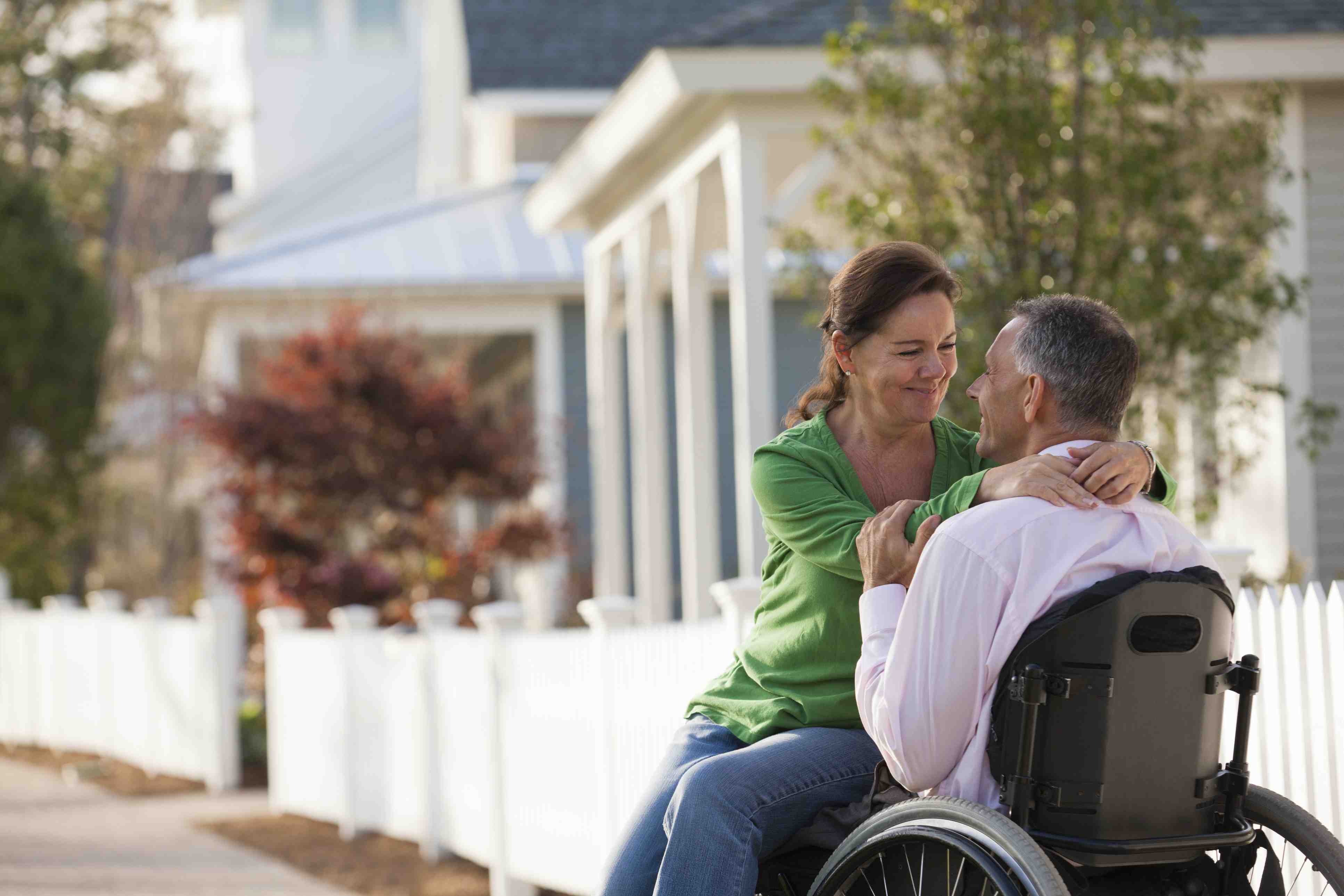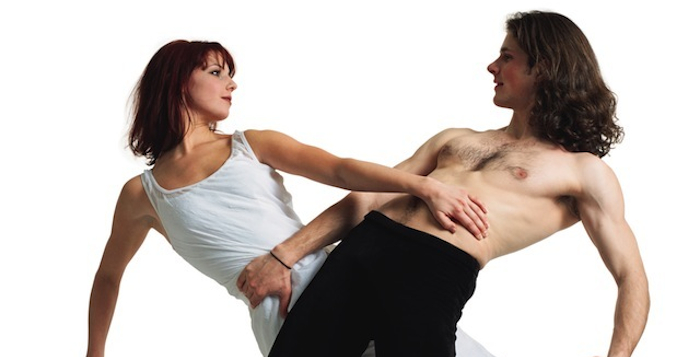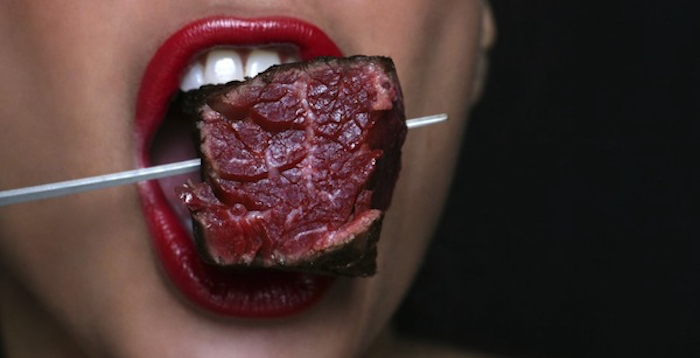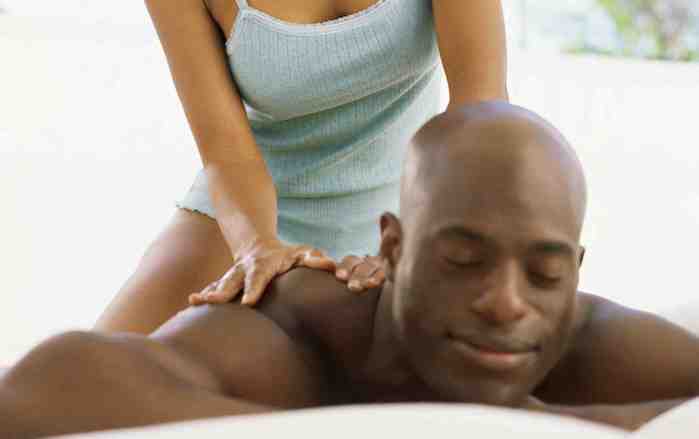There’s a common myth that people with disabilities don’t want, need or are incapable of having sex, but nothing could be further from the truth. The fact is that one in five Americans have some sort of disability, making it the largest minority group in the country, according to Disabled World, an independent news resource on health and disabilities. They estimate that “10% of people in the U.S. have a medical condition considered to be a type of invisible disability.” That is, someone who is dealing with a chronic health issue that you can’t immediately identify as you would with say, a wheelchair or a white cane.
It may seem daunting to have to maneuver, adjust and find comfortable positions to compensate for a physical disability, but it can actually be a blessing that leads to deeper intimacy and better sex. Whether it’s spinal injuries, arthritis, anxiety or depression, fibromyalgia, Trigeminal Neuralgia, cancer, heart disease, migraine headaches, shingles, psoriasis, erectile dysfunction, or anorgasmia (not to mention the common cold), we are all going to experience some kind of disability in the bedroom that will affect our ability to have fulfilling sex. Don’t let it stop you from pursuing sexual pleasure. Sex is our second basic instinct after survival, and it can improve the quality of your life.
Some disabilities affect mobility, others are physiological, and some are emotional, mental or developmental. But by navigating these challenges, we can often untether ourselves from repetition and boredom in the bedroom. The disability supplies the opportunity to expand the meaning and experience of sex. Even if you have one of these debilitating experiences, you can always create intimacy through hugging, kissing, eye contact and open, honest communication, which are all preludes to sex, or can be fulfilling as the main event.
The myth that sex with disabilities is “not worth it” affects everyone, because it also assumes that just because you are an able bodied human being, you intrinsically know how to perform sexual acts and therefore, don’t require any education or guidance on the subject. It assumes that if you can’t figure it out, you should be left to do without it. So, even though everyone knows the mechanics of sex, not everyone knows how to give and receive sexual pleasure.
No one “naturally” knows it all. We do not come organically equipped with knowledge of condoms, nor are we “naturally” skilled to give erotic pleasure. People learn sexual negotiating skills, consent, techniques and boundaries. They learn what sex is and how to make passionate love.
Below are ten specific myths about people with disabilities to clear out and make way for accurate knowledge, sexual skill-building and differently-abled, erotic, intimate experiences.
- We are asexual
- Our genitals don’t work
- Only certain kinds of people hook up with us
- The disability is more important than sexuality
- Sex with disabilities is “a hassle” or “not worth it”
- People naturally know how to have sex, and if we don’t, we shouldn’t be having it
- It is better not to risk reproduction
- Sexuality is not part of healthcare for disabled people
- We are helpless victims, unable to have good sex
- People with disabilities aren’t at risk for sexual abuse
All people have the right to opportunities for sexual expression, sexuality education, contraception and sexual abuse prevention and treatment. These rights are often challenged or ignored because of myths.
To learn more about intimacy and disabilities, explore my online course: Intimacy & Disabilities at Loveology University®


































